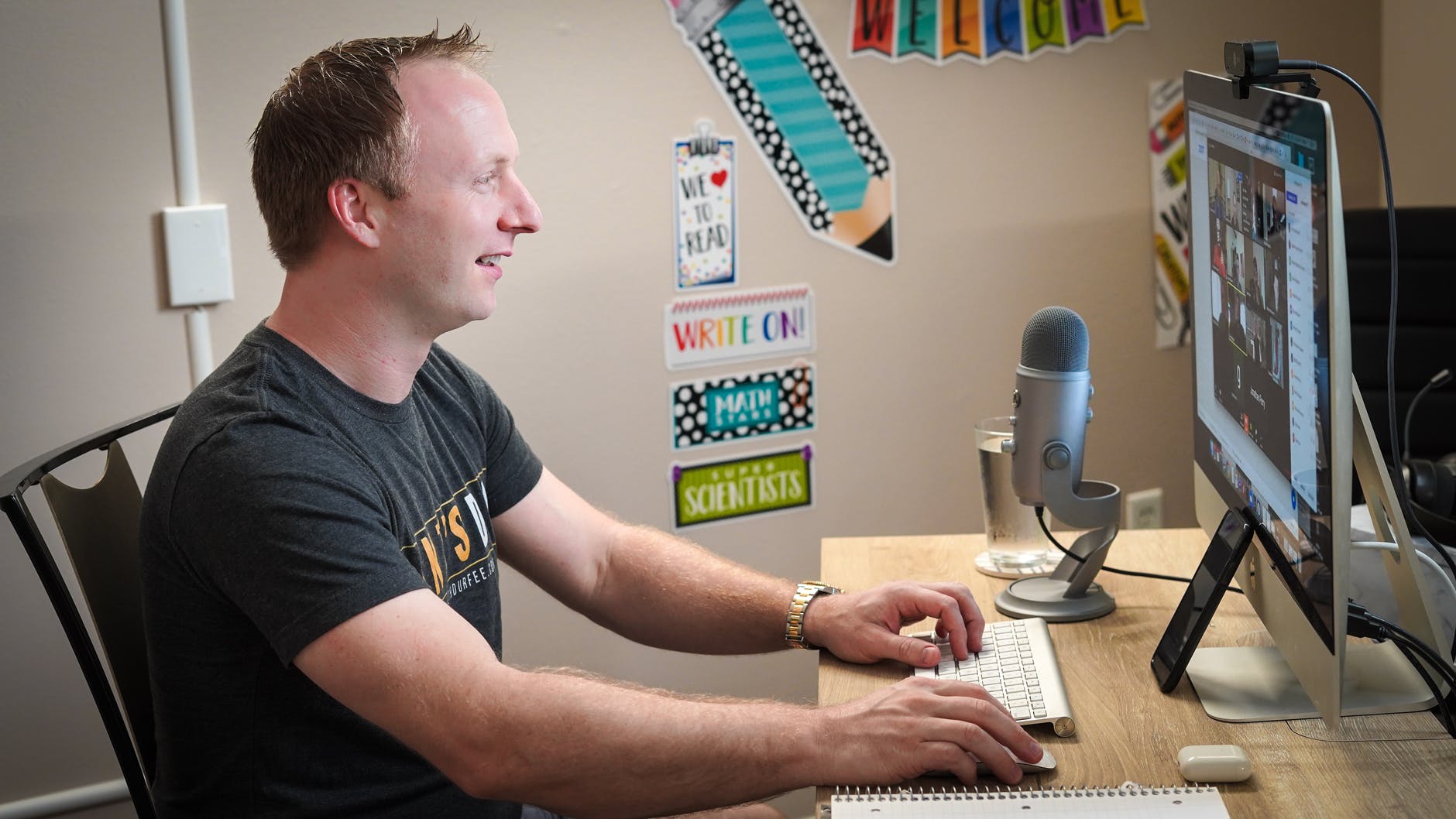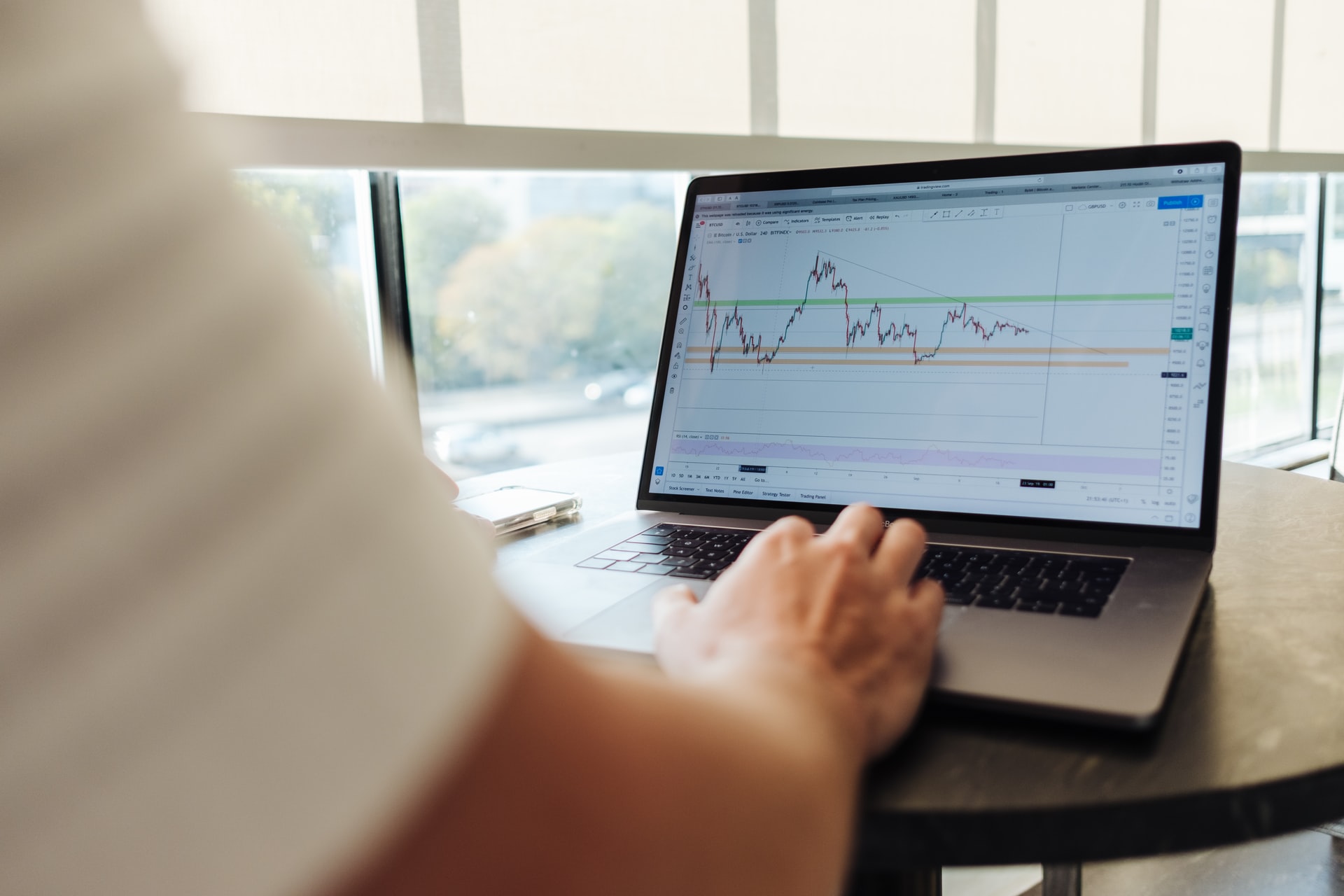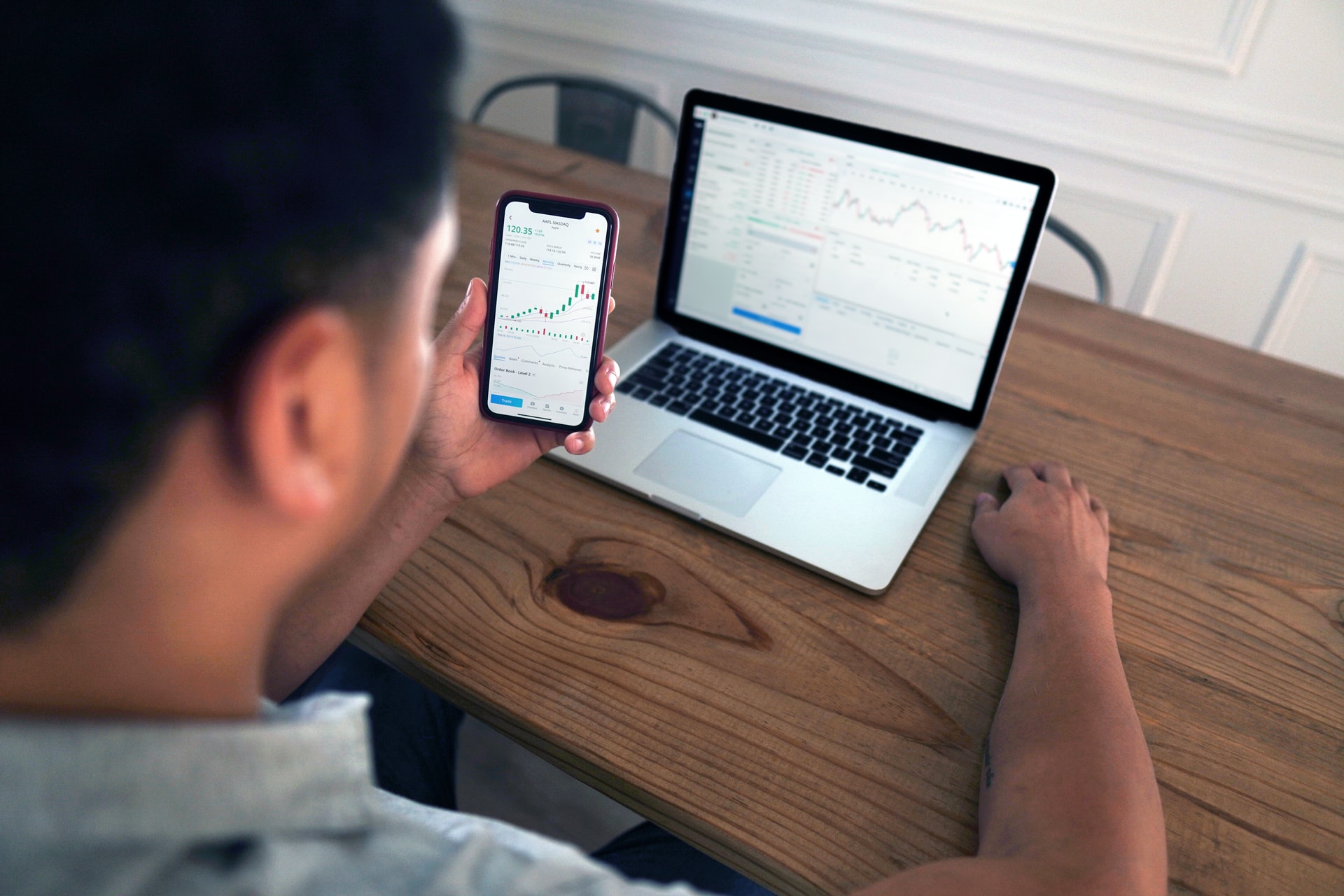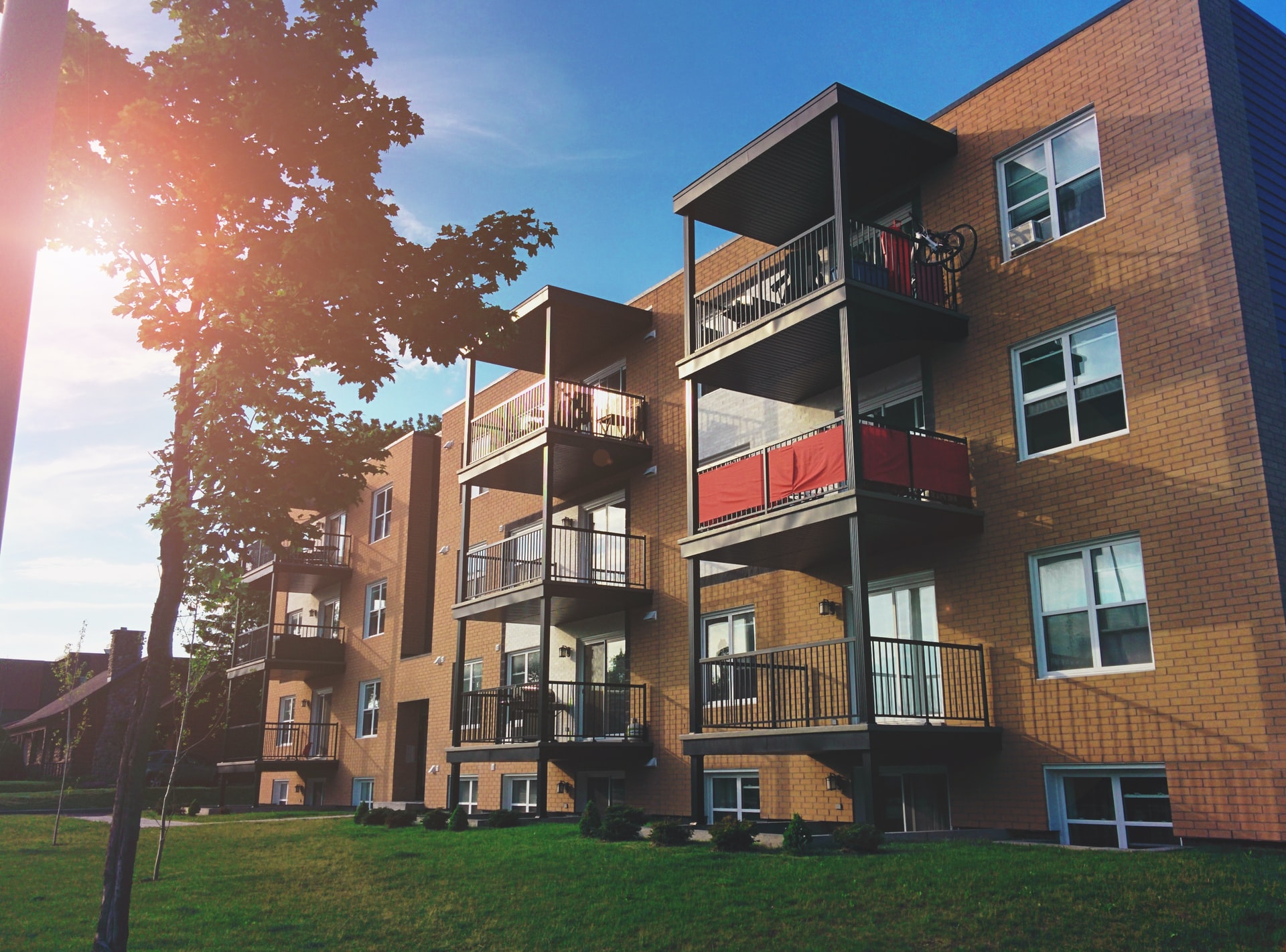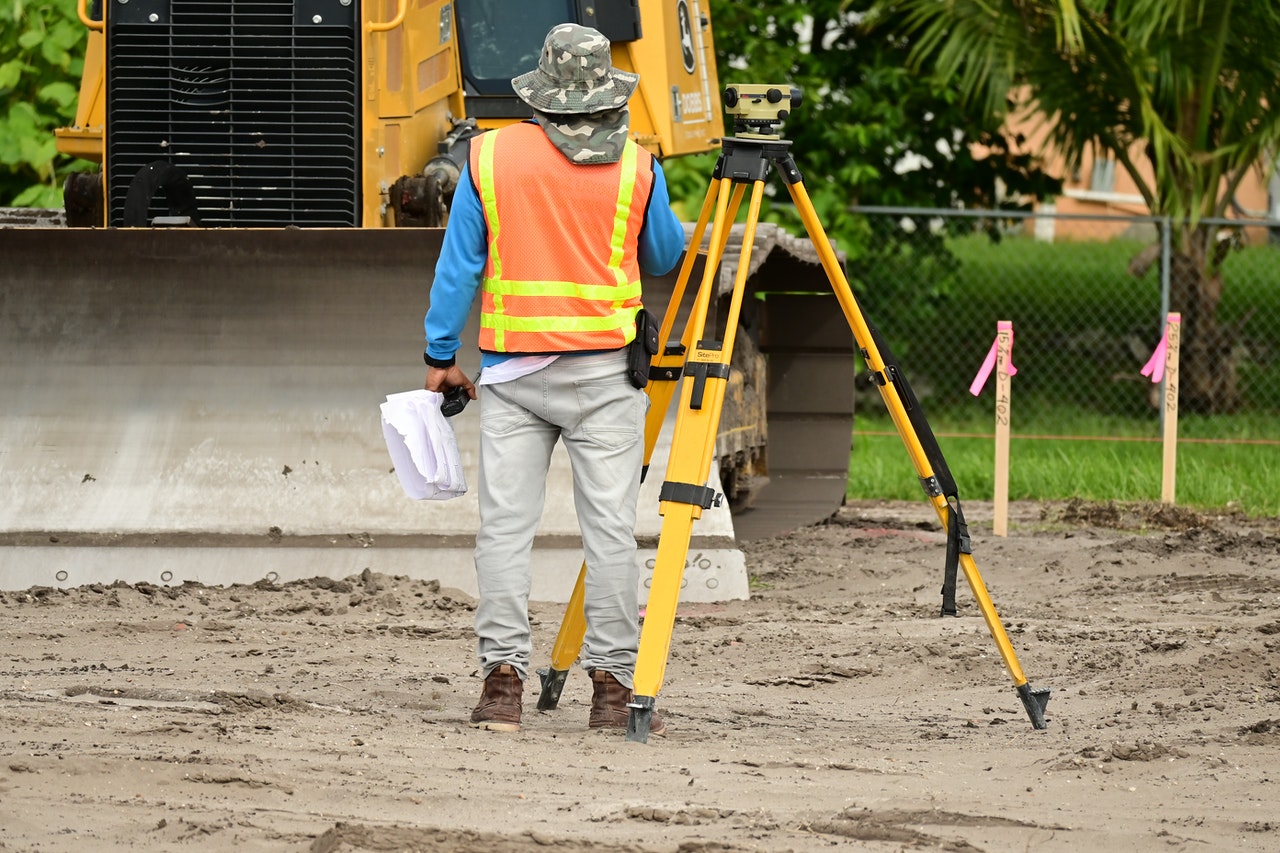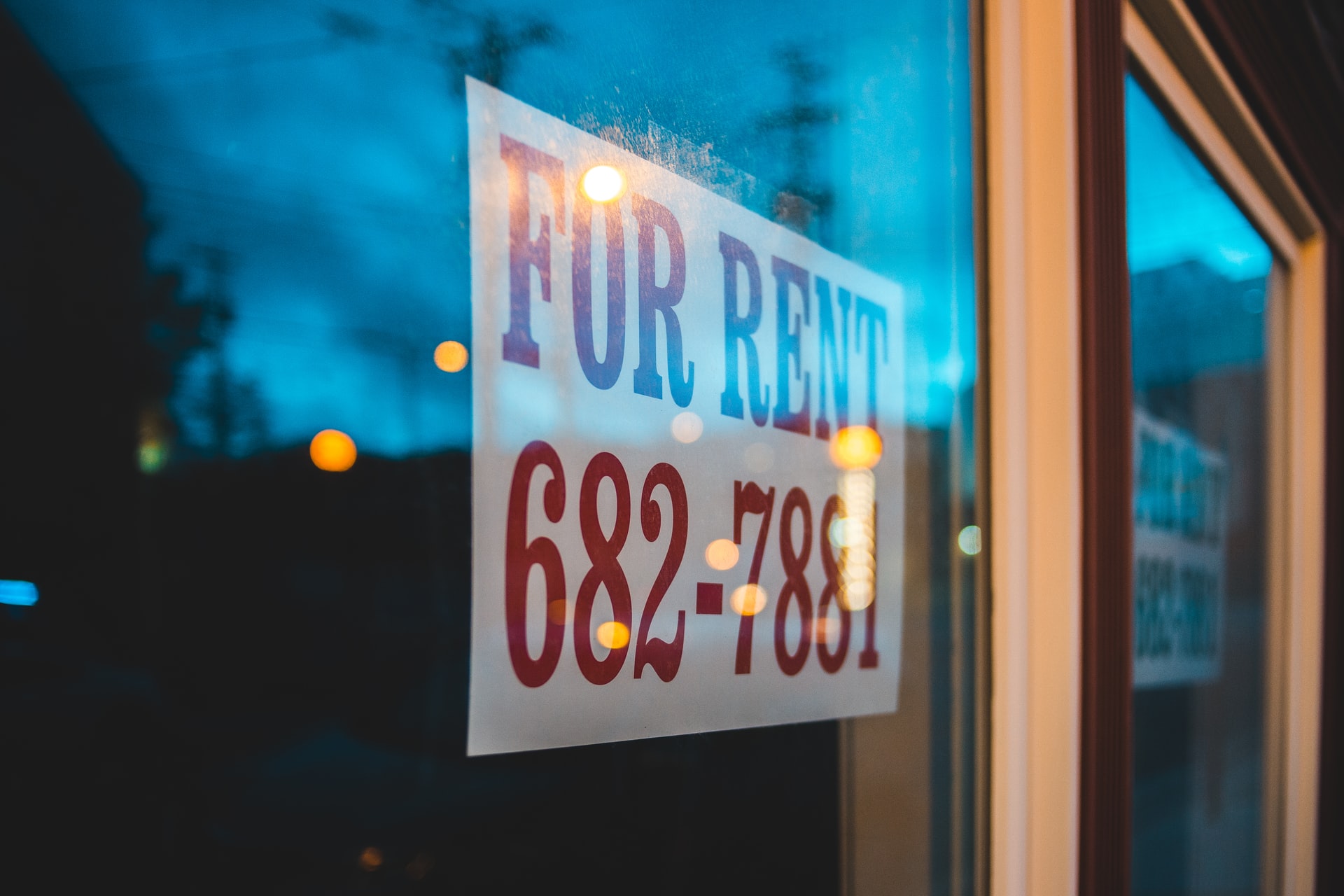If you are someone who is looking to build up your financial portfolio, property investment can be one of the best ways to build your wealth and secure your future. Some of the benefits of purchasing an investment property include tax write-offs, improved cash flow and of course, owning a fantastic property that you can either resell or move into in the future. If you are only just starting to dip your toes into the world of property investment, the entire process can be admittedly quite daunting.
What kind of property should I buy? Are property managers worth the cost? Will I be able to acquire a home loan? All these are common questions that beginner investors may have at the start of their property investment journey. In order to take some of the confusion out of the mix, we’ve prepared a straightforward guide to housing for beginner property investors.
- Budget and Cashflow
It will come as no surprise that investing in property is going to cost you a fair amount of money. This is why the first and most important step any property investor should take is to assess how much cash you have to invest in property and whether you can afford the cash flow impact on owning an investment property. On top of the cost of your property, you’ll also need enough upfront cash for things such as stamp duty, legal and conveyancing fees, insurance, maintenance and interest on borrowings. It is important that you work out how much you have as a deposit (making sure you don’t over-commit), or how much you will need to save for a deposit. Most lenders will ask for a minimum deposit of between 10% and 20%, so be sure to do the math before making any concrete decisions.
- Get Your Pre-Approval
If you are going to be taking out a loan to fund your investment, you should contact a number of different lenders to have a look at your options. Be sure to find out the different interest rates on offer before getting your pre-approval granted. Always take into consideration how the cost of your borrowings could impact your investment — for example, many Aussies opt for variable interest rate loans, which means their borrowing costs can fluctuate. Be sure to look into options for fixed and split interest rate loans in order to assess which type of loan will suit your needs best.
- Setting Goals
Once you have received pre-approval for your loan, it is time to start listing down your goals. What are you looking to achieve with your property investment? Where do you see yourself in the next 5-10 years? Listing your goals down and discussing them with a financial advisor will help you make the right decision on what type of property to purchase and how you can go about reaching your goals within your selected timeframe.
- Choosing The Right Property
Choosing the right property to invest in takes a fair amount of research in order to help clarify your options. Ensuring that the property you choose is within your budget is the first thing to check off the list. Next, be sure to do your market research as there is a lot to consider: from whether you’re in search of an apartment or a house to suburbs, amenities, rental income and the property’s potential for capital growth. Once you have made your decision, be sure to liaise with your accountant so that you can fully understand the tax implications of buying an investment property.
- Finding A Conveyancer
Many property investors choose to utilise the services of a conveyancer to handle the purchase process on their behalf. The process of documentation and settling can be incredibly complicated especially if this is your first rodeo, so bringing in support and assistance from a qualified expert is the best way to make the process a lot easier and less daunting.
- Deciding Who Will Manage The Property
If you live a far distance from your investment property or do not have the luxury of time, you might want to consider enlisting the help of a property manager or real estate agent. Property managers take the bulk of the weight off your shoulders by dealing with tenants, repairs, maintenance, emergencies and rental payments amongst many other things. Hiring a property manager costs approximately 7-10% of your total rental income, however, the services and expertise offered are often worth much more than this fee.
________________
There are many reasons why investing in property continues to be a popular choice amongst Australians of all ages. If you are someone who is looking to embark on your first property investment adventure, we hope that this article has equipped you with all the knowledge and tips that you need to make the most informed and profitable decisions to secure your financial future.






